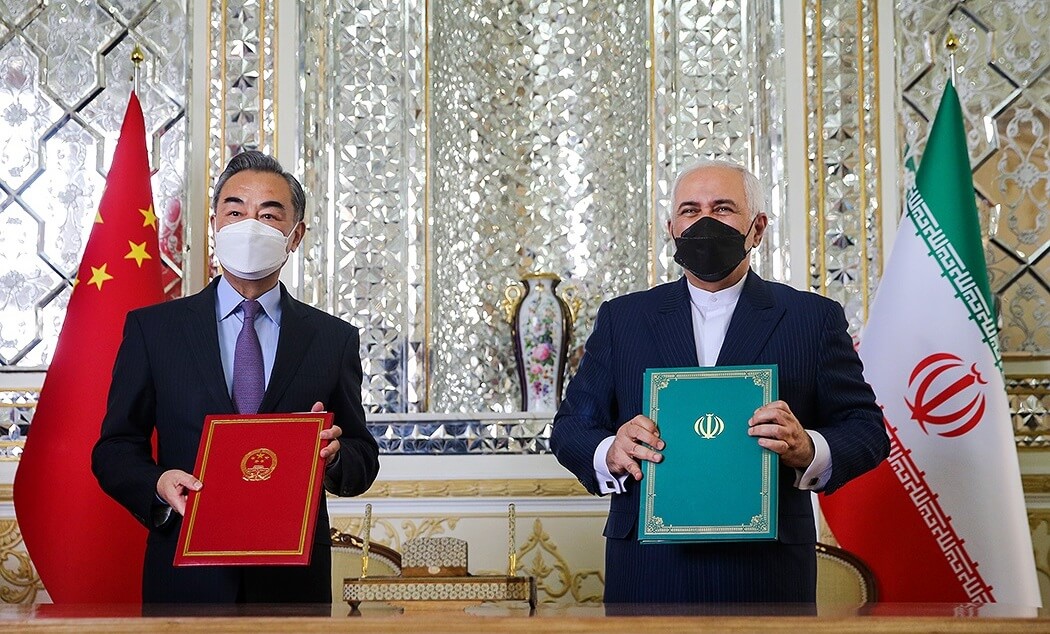
Chinese checkers in the Middle East: Play or Perish
Thu, 08 Apr 2021 | Reading Time: 7 minutes

Chinese checkers in the Middle East: Play or Perish
As the United States vacates some of the foreign outposts, China is moving in to fill up the vacuum at a fast pace. Chinese Foreign Minister Wang Yi’s latest visit to the Middle East is an indication in that direction. He has vowed to work with Saudi Arabia, Turkey, Iran, UAE, Bahrain, and Oman to help protect their core interests against foreign interference. China’s rhetoric has been harsh in recent times and it appears ready to back up the rhetoric with tough actions.
China’s involvement in the region is neither recent nor has been peaceful, as it prefers to portray itself. In the 1950s and 60s, China associated closely with nationalist governments and movements in various countries including Algeria, Egypt, Palestine, Eritrea, and the Gulf. It provided financial and military assistance, sold arms and ammunition (sometimes to both the warring parties). It changed the tack in the 70s but the new avatar was unveiled only in the 90s.
On the other hand US President Joe Biden, barely two months into the presidency, seems tired of dealing with the Middle East. He announced an end to the US support for Saudi-led operations in Yemen within the first two weeks in the office. The latest developments as per Wall Street Journal are that the US has begun to reconfigure its military capabilities in the Gulf and removed at least three Patriot missile defence systems, diverted aircraft carrier and surveillance systems from the region.
Why This Sudden Desire for Involvement
Chinese history is a perfect example of a palimpsest. In its desire to showcase China as a great nation with a glorious past, the Chinese Communist Party (CCP) had to alter the thoughts of its citizens. History, especially glorious history is a great place to start with. However, in reality, China’s history is full of defeats. The subtlety, complexity, and tricks of Chinese fables cannot hide the fact that China has been under foreign rule for most of the last 1,500 years. Finally, the real humiliation came first at the hands of colonial powers and then Japan.
The latest foray into the Middle East is part of that desire to get rid of the humiliating past. Till the recent past, China remained focused on building economic exchanges with countries in the region and shied away from taking sides in the conflicts and clashes. However, to make Chinese citizens believe that they belong to a great nation, CCP, had to take certain quick steps or risk losing everything. Therefore, it had to come out more openly, showcasing a willingness to work with everyone in the region. To signal that China has arrived, in 2016 it initiated comprehensive strategic partnerships with both Saudi Arabia and Iran, two bitter rivals in the region.
Chinese Balancing Act in the Middle East: Iran-Turkey-Israel
China is choosing its partners in the Middle East very carefully. The partners have a distinct pattern, best buddies or arch-enemies of the United States. Either they have good technology, which can be utilized by China or they are an economically failed state, allowing China to acquire strategically important assets in a fire sale. However, China would mostly concentrate on the extreme ends of the spectrum namely, Israel and Iran. Two opposite poles converging at the middle kingdom! Both present very unique opportunities for China.
As far as Iran is concerned, the US was on the right diplomatic path with its nuclear program. Though, the US didn’t handle it well by not informing and upsetting its traditional regional friends, Israel and Saudi Arabia. However, getting out of the deal was a mistake leaving the door open for China to pass through. The nuclear deal had provisions of sanctions and those provisions should have been utilized rather than scuttling the whole deal. This one step forward and two steps backward misadventure left all parties confused and vulnerable to Chinese antics.
China on the other hand studied the signals coming from the United States well and started deepening its relationship with Iran. The understanding between the two nations reached its logical conclusion with China and Iran formally signing a “Comprehensive Strategic Partnership” agreement on 28 March 2021. This agreement promises to bind the fate of two sides for the next 25 years.
China’s vetting of the agreement with Iran came just a week after the acrimonious exchange at the Anchorage between the US Secretary of State Antony Blinken, national security adviser Jake Sullivan and Chinese Foreign Minister Wang Yi. The signing of the agreement in a jiffy had a message for the United States and the Biden administration, ‘all roads to Iran pass through China.’
Getting into bed with China was easy for Iran, but the Iranian citizens are wary of Chinese intentions. They are right in their assumptions. China has already started pressurizing Iran to join the Turkish-Pakistani camp, which is traditionally a big no-no in Iran. Without Iran’s consent, Chinese military analysts have projected a Turkish-Iranian-Pakistani agreement under Chinese leadership. Getting into any such alliance is a cul-de-sac and Iran is well aware of its pitfalls.
China’s second choice in the region is Turkey. Its volatile President Recep Tayyip Erdogan is in a blackmailing mode. He has a set of demands ranging from the purchase of the S-400 air defence system to the pardoning of Turkey’s Halkbank for conducting business with Iran. To fulfil many such demands and put pressure on the United States, he may sabotage the upcoming meeting between the Afghan government and the Taliban. Erdogan is also unsure of his political future and that makes him dangerous to all the nations in his sphere of influence. His latest accusations against 104 retired admirals of the Turkish navy for plotting a coup is one such absurdity.
China is making the best use of unstable Erdogan and the fragile Turkish economy. On 26 March 2021, a consortium of Chinese banks extended a US $ 2.3 billion loan, pushing it further into a debt trap. China is leaving no stone unturned to exploit extremely delicate US-Turkey relations while the Biden administration looks on helplessly.
China is also making deep inroads into Israel, the United States’ most important and long-standing partner in the region. China is deeply involved in many projects in the startup capital of the world. They have two simple goals in Israel, technology, and infrastructure. China is involved in the management of Haifa & Ashdod port where the US Navy’s Sixth Fleet regularly docks and 5G telecommunications, to name a few. According to data compiled by RAND, China’s investment in Israeli infrastructure projects stands at a staggering $4 billion and the technology sector at $5.7 billion. These developments are the indication of the United States’ loosening grip in the region.
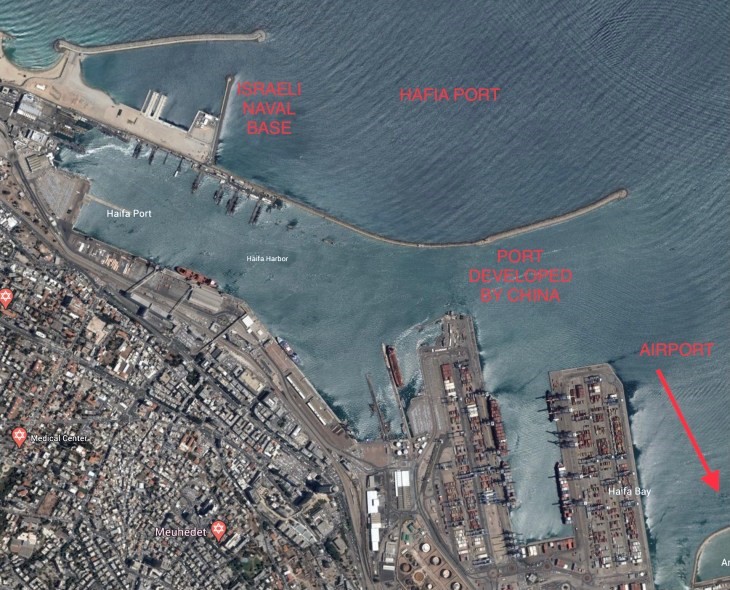
HAFIA PORT: Picture Courtesy Google Maps
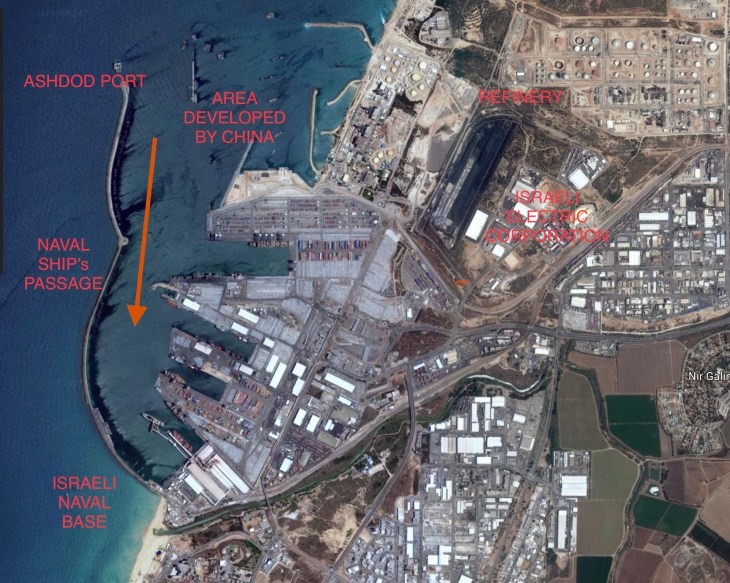
Ashdod Port :Courtesy Google Maps
Where Does India Stand
A crucial Chinese motive is to prevent India’s deeper involvement in Quad. One of the Chinese objectives in the Himalayan standoff was to pressure India to give up its regional ambitions. The most important aspect of the fast-developing situation is India’s deep-rooted relationship with most of the Middle East nations, especially Iran.
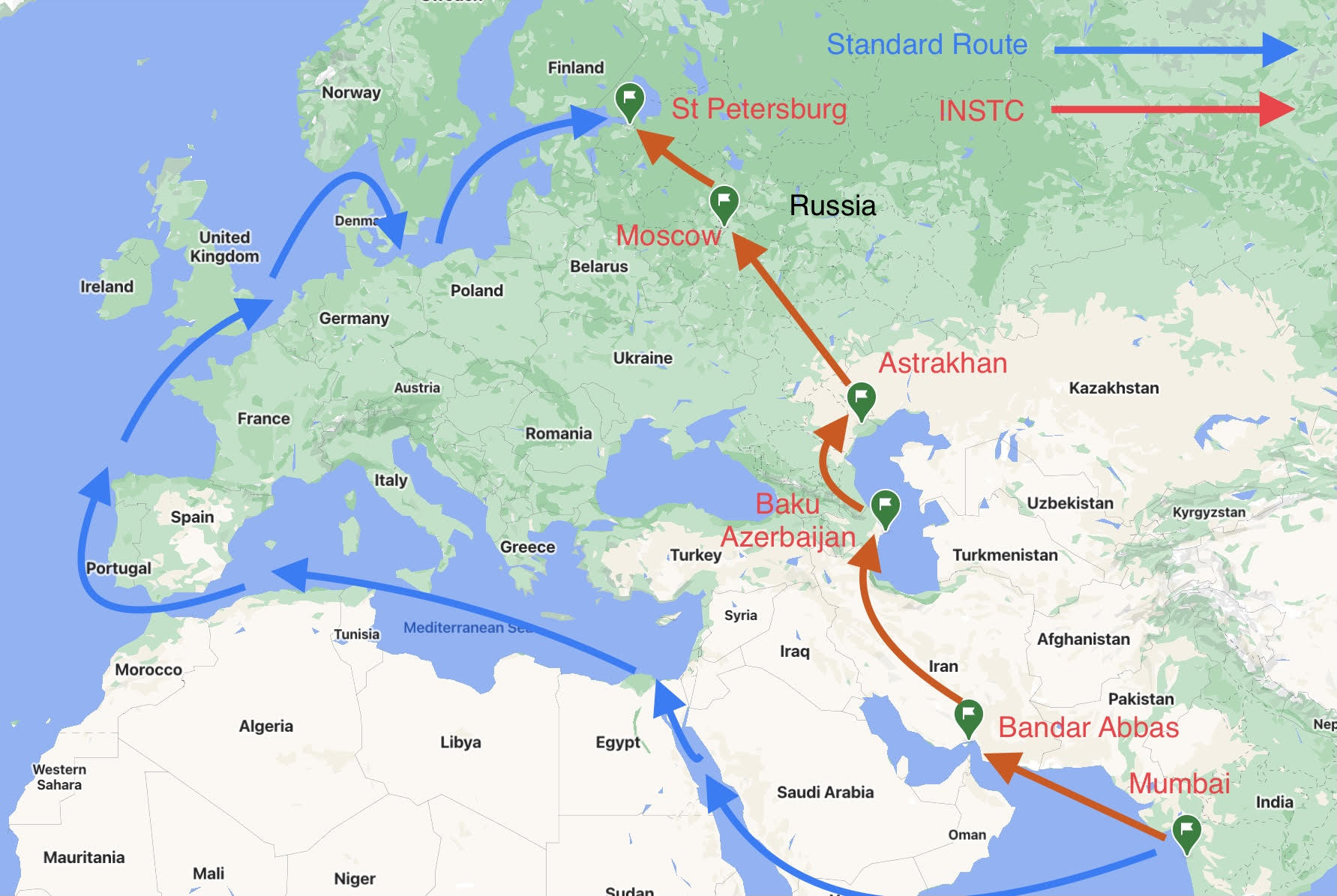
INSTC: Courtesy onthemosway.eu
It becomes incumbent upon the United States to facilitate Indian ventures in the region. Indian development of Chabahar port and International North-South Transport Corridor (INSTC) has tremendous economic and strategic implications for China. The success of this project would seriously dent the efficacy of China’s pet project BRI. China thrives on schadenfreude and India should not give any such opportunity to them, what so ever.
Is China Falling For Hannibal’s Trap
In 216 B.C. in the Battle of Cannae Carthaginian General, Hannibal made Rome believe that they were winning but in reality, they were falling for the trap set by Hannibal. Rome lost 50,000 men and was pushed to the brink of collapse.
The American withdrawal could be giving China false hope of getting into a big league. As per Will Wechsler, the director of Middle East programs at the Atlantic Council, “American withdrawal is a widespread perception. It is of course not close to the high point of our occupation of Iraq or Afghanistan; however, we still have a lot of military forces in the region. Our diplomatic presence, our intelligence efforts, and our economic engagement are second to none.”
Historically the Middle East has been an unstable region. The reason behind that is that the countries are unnatural entities, relatively new, and have not too distant colonial pasts. The artificial lines drawn by European powers give up at the seams, more often than any mediator can handle. There are lots of young men in the region that don’t have the means to funnel their innate aggression into productive and constructive activities. When this frustration crosses a threshold, they look for an enemy to blame. Today it is the United States, and tomorrow it could be China for sure.
Conclusion
The need of the hour is that the Quad goes beyond a military entity. The answer to the containment of China is more economic than militaristic. A multipronged, focused and more realistic approach would go a long way in solving the China problem.
The United States has to understand that India is the key to the Middle East. It must leave the ‘my way or highway’ approach to China and resist hampering India’s activities in the region, especially concerning Iran. The recent blockage of the Suez Canal has further highlighted the Indian prudence in proposing the all-important INSTC.
West has to get out of scattered strategy-which keeps oscillating between choosing the right enemy, China or Russia. This dillydallying has given ample time to China to shore up its capabilities. Involvement in the Middle East is a win-win situation for China. If China succeeds in its activities, it would further weaken the United States’ position in the region. If it fails it would add fuel to fire in the volatile region, compelling the United States to get further embroiled in the region. This would force the US to reallocate forces, and pay less attention to the South China Sea and Taiwan.
Napoleon Bonaparte once famously said, “Never interrupt your enemy when he is making a mistake.” The United States or China, who is following Napoleon’s advice and who will have the last laugh, only time would tell.
Author

Commander Sandeep Dhawan, Veteran
A veteran of the Indian Navy, Cdr Dhawan served in the Navy from 1988 to 2009. He was a Maritime Reconnaissance Pilot and a Flying Instructor. He is a geopolitical analyst and writes for the various online websites and organizations.
References:
- asiatimes.com/2021/02/a-pax-sinica-takes-shape-in-the-middle-east
- atlanticcouncil.org/wp-content/uploads/2019/06/Chinas_Changing_Role_in_the_Middle_East
- politico.com/news/2021/02/22/biden-middle-east-foreign-policy-470589
- cbsnews.com/news/biggest-factor-in-u-s-middle-east-relations-is-perception-that-u-s-is-withdrawing
- thediplomat.com/2020/12/china-and-the-middle-east-conflict-and-cooperation
- insightful.co.in/2020/06/26/2025-end-game-china-war-a-certainty-part-1
- brookings.edu/articles/israel-and-the-middle-east-amid-u-s-china-competition/
- jinsa.org/wp-content/uploads/2021/02/Countering-Chinese-Engagement-with-Israel-1
- insightful.co.in/2020/07/20/iran-deal-has-china-stepped-on-a-visible-landmine
Disclaimer
The opinions expressed in this article are the author’s own and do not reflect the views of Chanakya Forum. All information provided in this article including timeliness, completeness, accuracy, suitability or validity of information referenced therein, is the sole responsibility of the author. www.chanakyaforum.com does not assume any responsibility for the same.
Chanakya Forum is now on . Click here to join our channel (@ChanakyaForum) and stay updated with the latest headlines and articles.
Important
We work round the clock to bring you the finest articles and updates from around the world. There is a team that works tirelessly to ensure that you have a seamless reading experience. But all this costs money. Please support us so that we keep doing what we do best. Happy Reading
Support Us




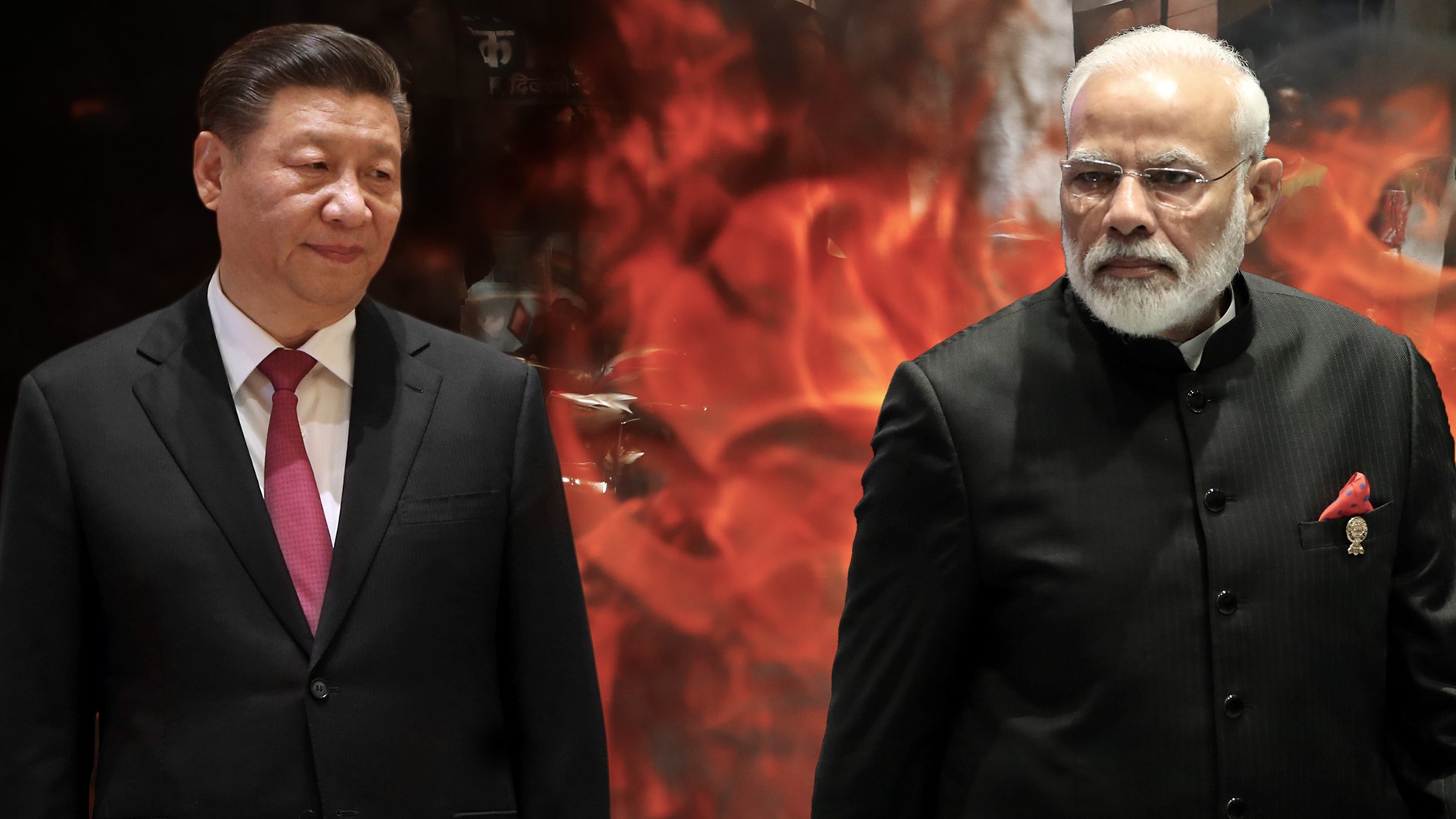
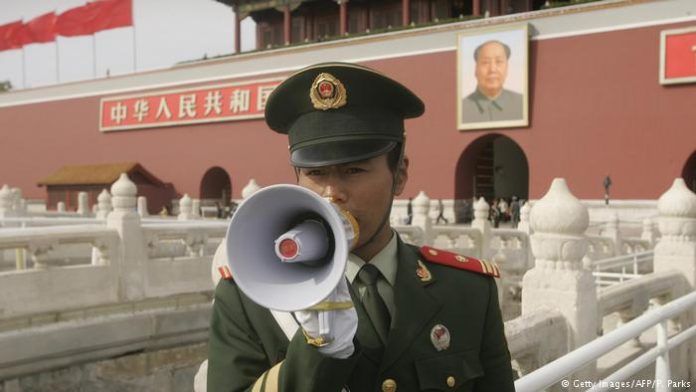
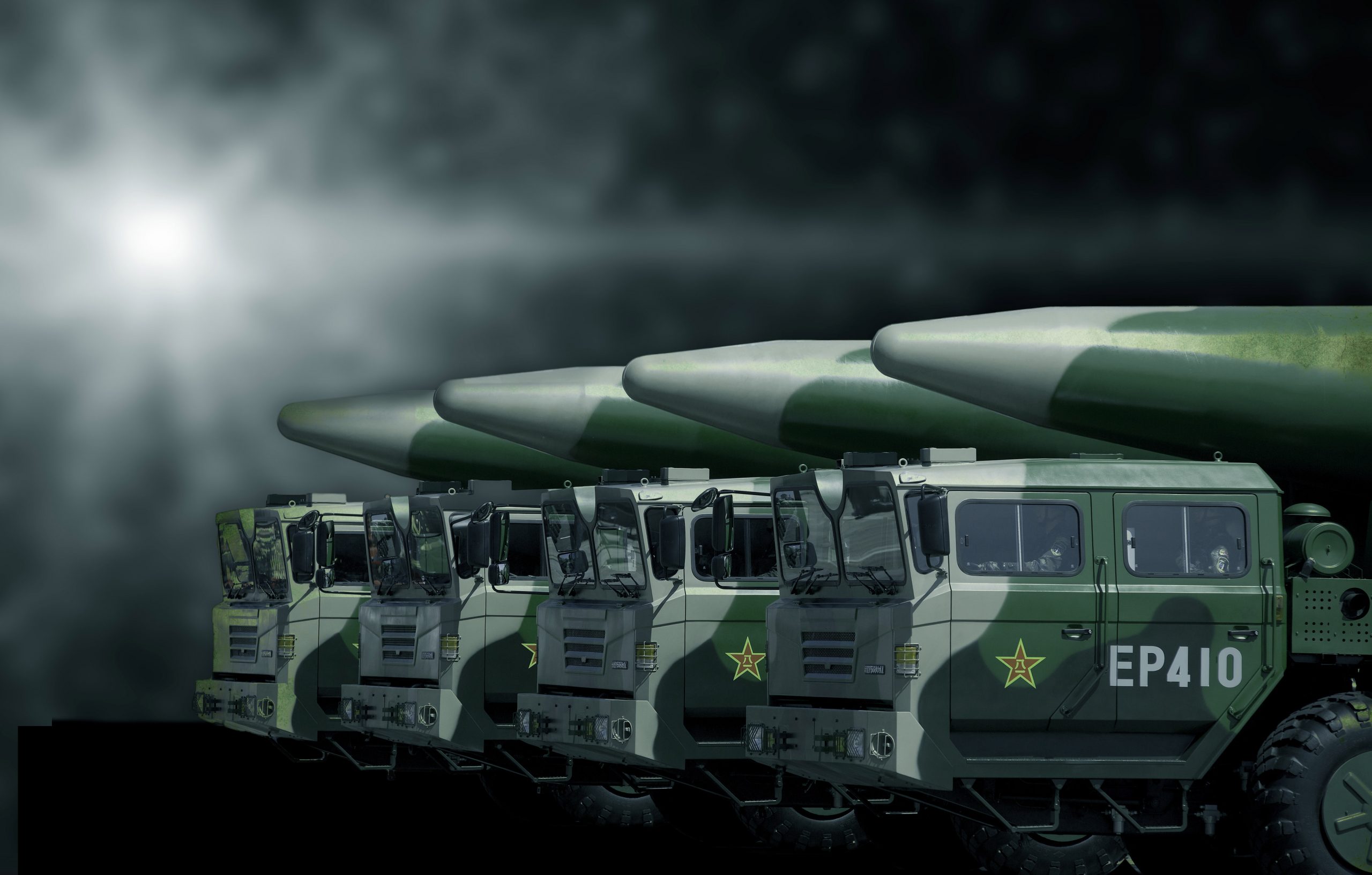
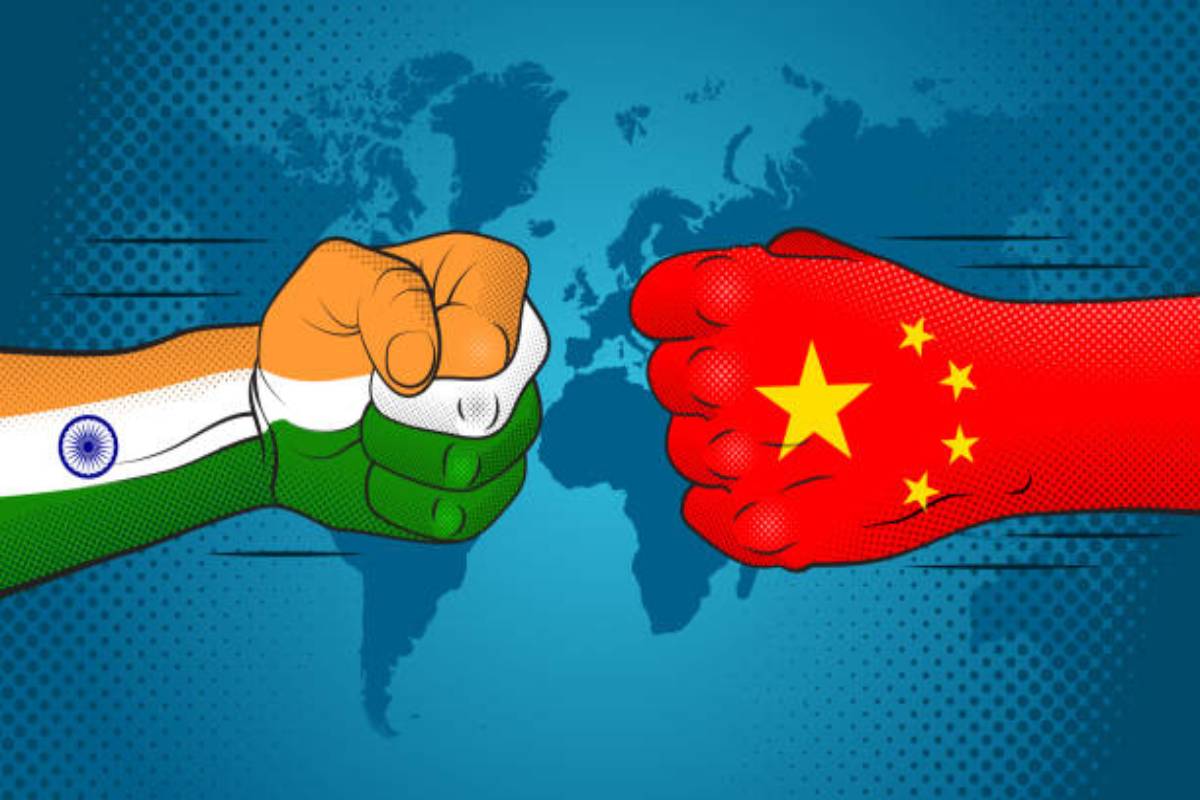
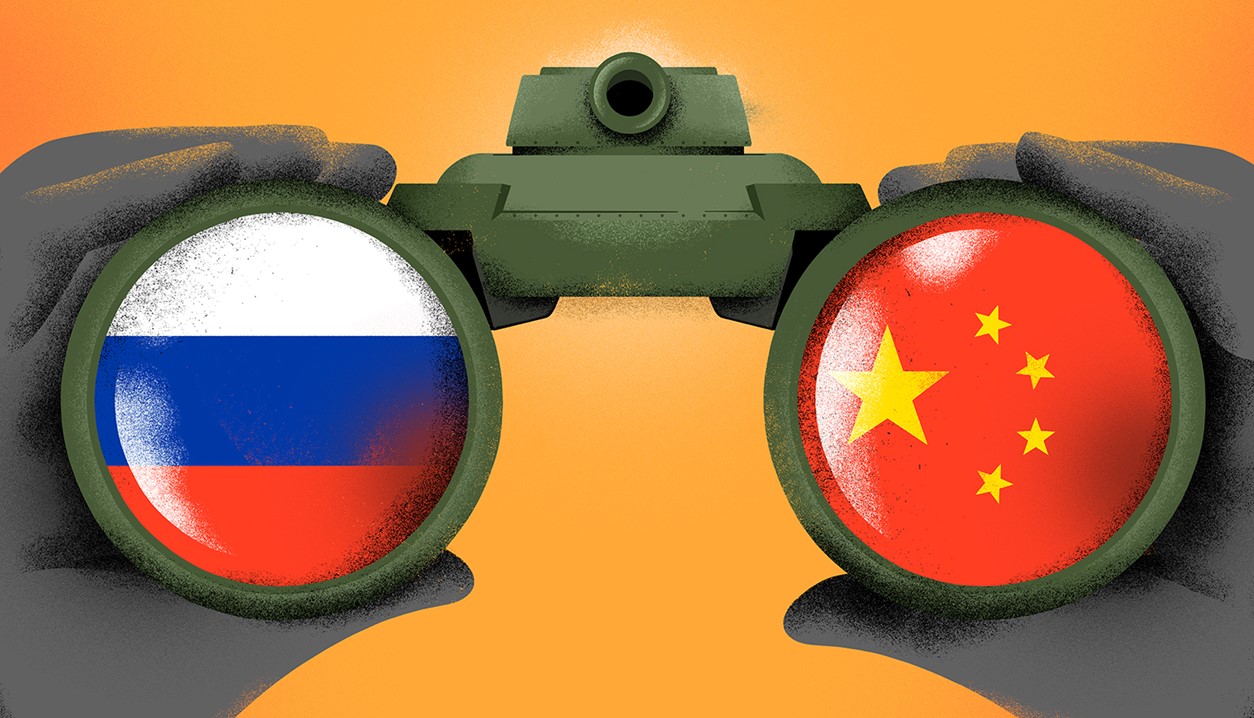
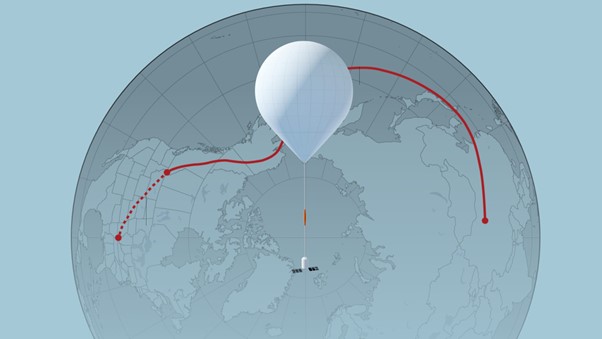
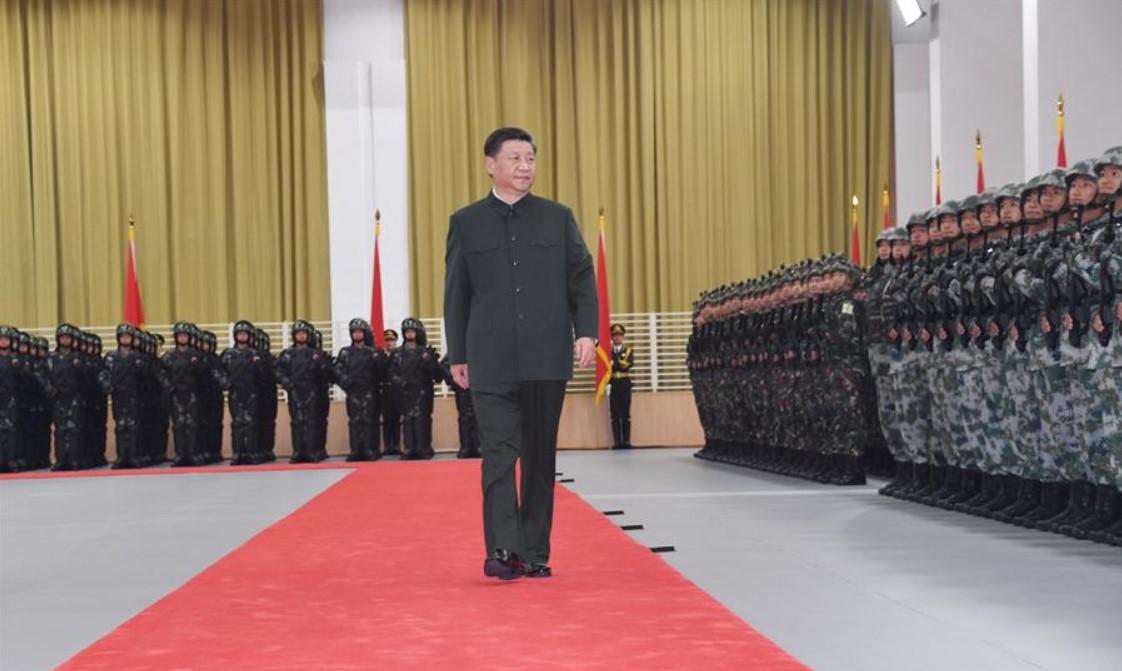
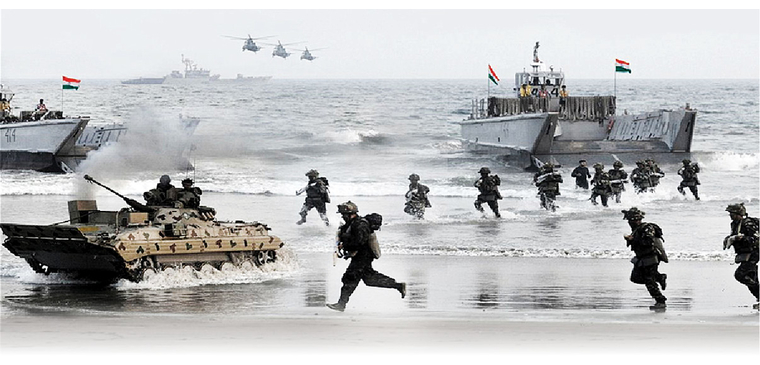

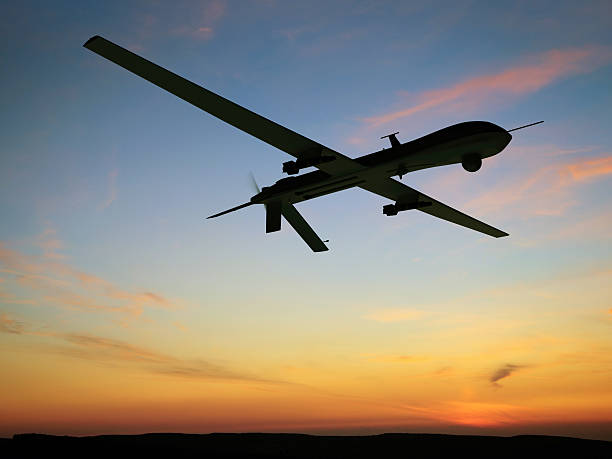






POST COMMENTS (29)
Abhilash Gopi
ana
Col Ajay Sharma (Veteran)
Sanjeev Mittal
YOGESH PAI
Atul Dewan
Frank Sterle Jr.
Rakesh P
Pradeep.
Marilee Wein
Aadi
Vijay Nair
SHAUNAK
Nancy D
Sreenivas
sharath
Madhu
Martina
Wendell Bruges
AJ
/wp-content/themes/chanakyaforum/single.php on line 199
Raman Gupta
JSD
Joseph
Ajay Sharma
Debu Pagay
Ranvir Shekhawat
Narinder
KS Uppal